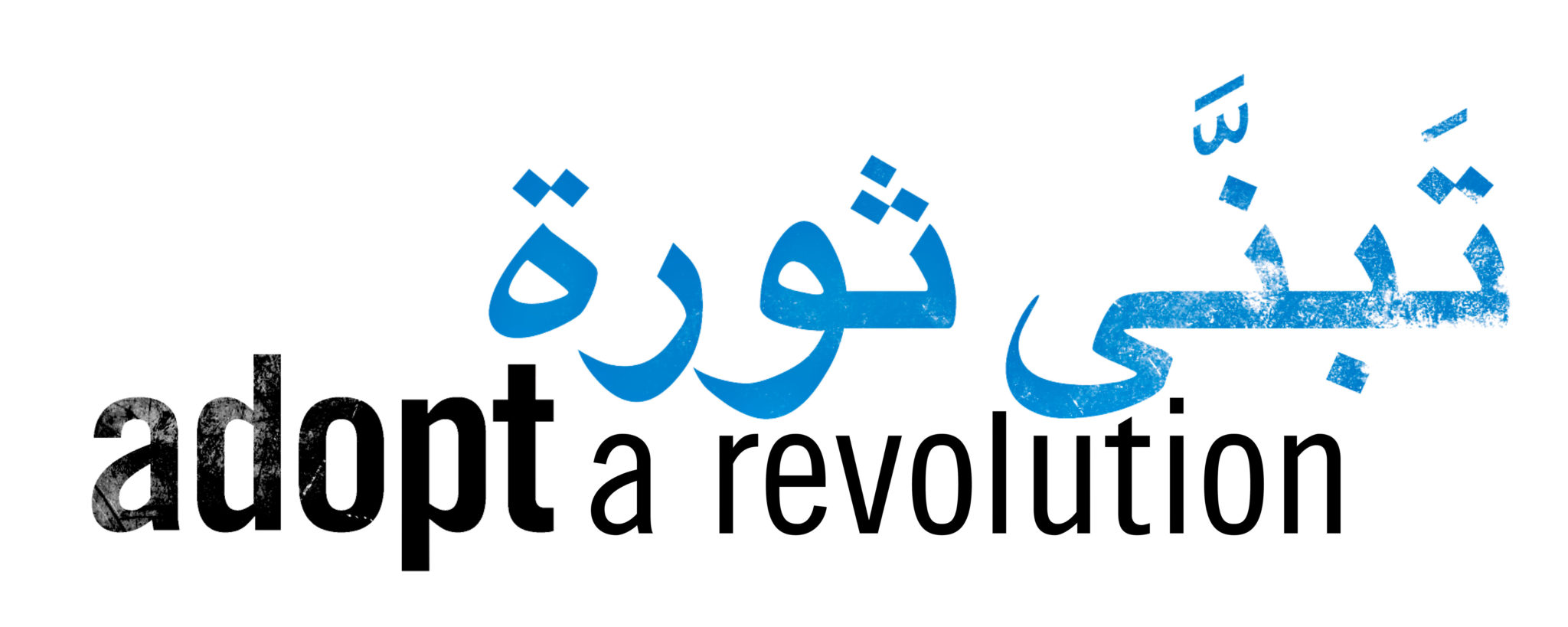
Since the beginning of the war, half of all hospitals and a quarter of residential buildings in Syria have been destroyed. About two thirds of Syrians live in extreme poverty, millions have no access to clean water, and about 50 percent of the population are still displaced.
In view of the plight of large sections of the population, it seems urgently necessary to support the reconstruction of Syria. At the same time, however, there is a threat that reconstruction aid will benefit not so much the suffering population as the dictatorship of Assad, its allies and its supporters, and that the causes of the conflict will not be alleviated but intensified. The study examines this problem from various perspectives.
- In a comprehensive article, Syrian-Swiss political scientist, Joseph Daher, takes a closer look at the strategic and political decisions the Syrian regime has made with regard to reconstruction. He documents in detail how the relevant legislative conditions and various development masterplans for destroyed areas actually prioritise the interests of businesspeople and militias who have proven their loyalty to Bashar al-Assad’s regime. New laws and decrees legalise the demolition of what may best be described as informal settlements, in which lower-income Syrians – a segment of the population that sympathised overwhelmingly with the opposition – lived, as well as sanctioning a complete upending of the social structure in many other locations.
- In his essay, Syrian economics expert, Jihad Yazigi, shows exactly how Russia and Iran are dividing Syria’s meagre natural resources between them, while barely adding to the economic stabilisation of the country. To do this, he analyses a number of investment agreements the two nations have made with Syria. Yazigi also points out that, up until very recently, other nations did not have a great deal of interest in Syria’s resources – most cooperation was on geopolitical terms rather than in business.
- Syrian economist, Salam Said, makes an important but often side-lined argument in her essay, in which she looks at Syrian reconstruction as a tool of foreign policy. The al-Assad regime and its Russian allies, and even the international donor community, have tried – unsuccessfully, it must be said – to use reconstruction as a substitute for the lack of political progress in Syria.
- The social scientist Alhakam Schaar points out that those who should benefit from reconstruction – Syrian refugees and internally displaced persons – do not have a say in the reconstruction debates. He shows there is good cause to argue in favour of asking displaced Syrians inside the country, as well as those Syrians who have fled out of the country, under what conditions they would be prepared to return home.
The reconstruction plans of the al-Assad regime largely ignore the needs of internally displaced persons (IDPs) and refugees. Instead the plans cater mostly to the economic interests of the regime itself and its allies. Current Syrian legislation obstructs the return of IDPs and refugees, and legalizes the deprivation of rights of residents of informal settlements. Under the current circumstances, reconstruction would further strengthen the dictatorship and its nepotism, as well as fuel new conflicts. Reconstruction aid therefore presupposes a political solution to the conflict and must be based on the needs of those affected.

